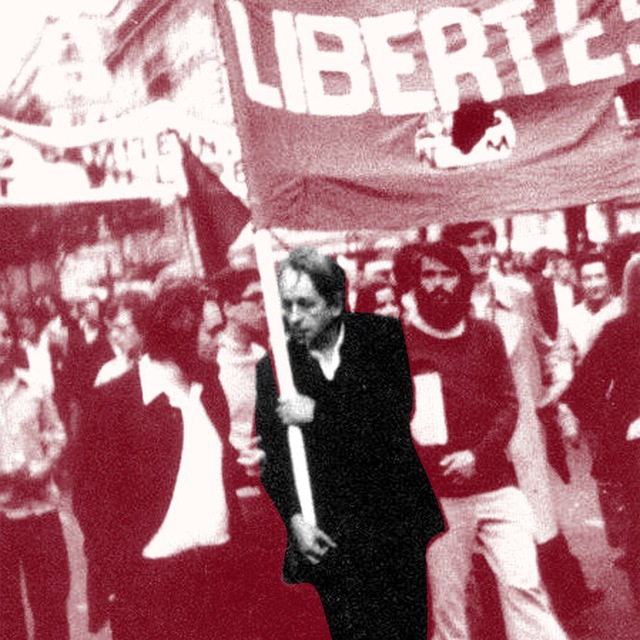
Enzo Traverso on post-fascism in times of pandemic.
Over the past decade, the world experienced a notable increase in far-right movements. The ghosts of the 1930s seemed to be reawakening and a neo- or post-fascist wave extending its shadow over multiple continents. It reached its peak between 2016 and 2018, with the elections of Trump and Bolsonaro in the US and Brazil and, in the middle, the clash between Marine Le Pen and Emmanuel Macron in France. Many far-right parties entered EU governments and some “exceptions” came to an end, with the appearance of Alternative für Deutschland and Vox on the stage of German and Spanish politics. Authoritarian, nationalist and xenophobic governments emerged everywhere, from Putin’s Russia to Modi’s India and Erdogan’s Turkey. The world was turning dark: neo-fascism, post-fascism, right-wing populism? The debate over what to call it remained open, but everyone understood that fascism was now more than a realm of historical scholarship; it was one again a question on the contemporary agenda.
https://www.versobooks.com/blogs/5257-twenty-first-century-fascism-where-we-are






